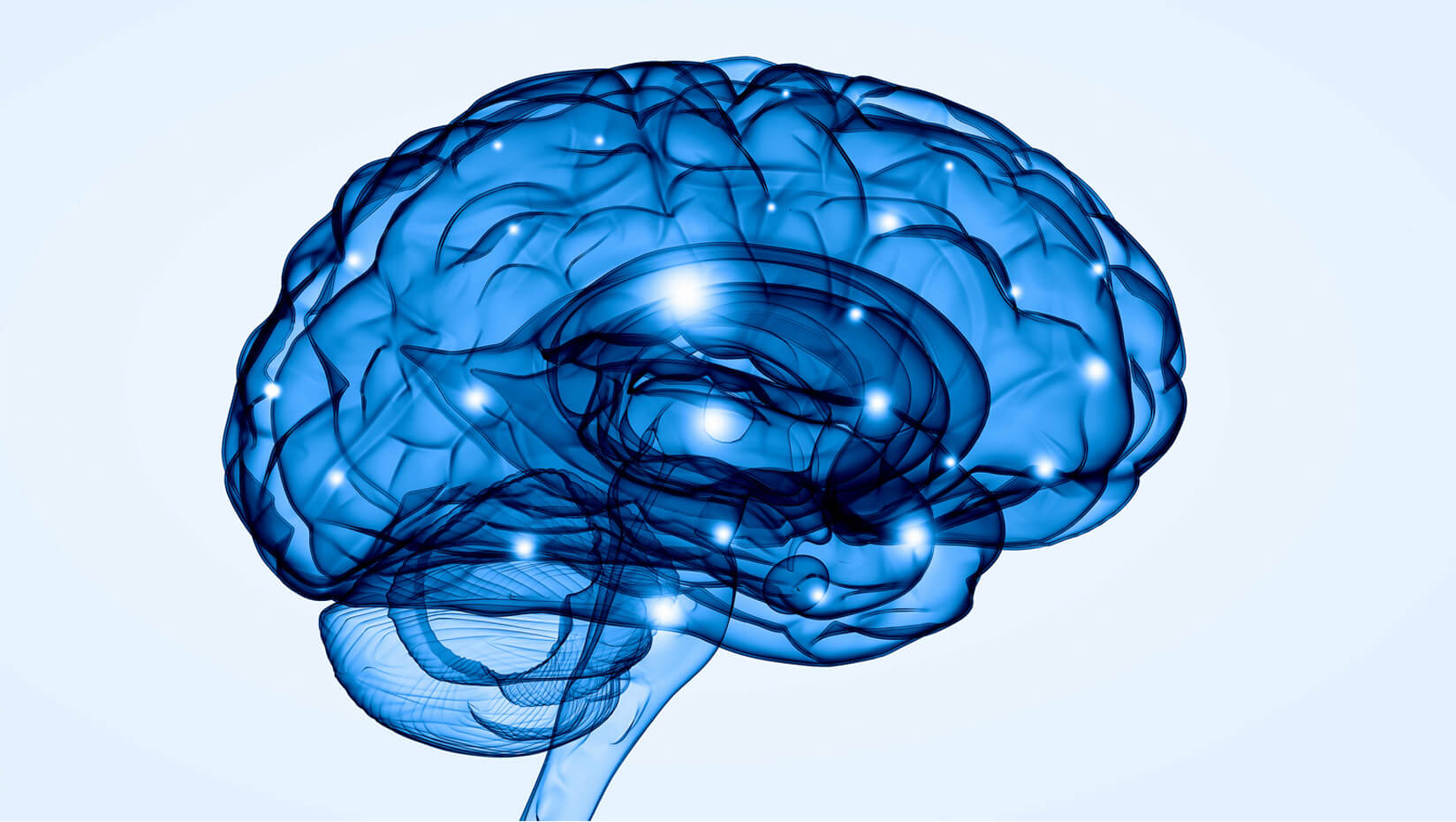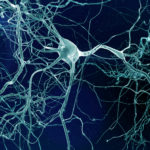On a global scale, more than 260 million people of different age groups suffer from depression, according to the World Health Organization. To alleviate symptoms, clinicians generally administer antidepressants, however, many don’t respond well to the first antidepressant they try.
In a recent study appearing in Nature Communications, a Canadian research group at McGill University, in collaboration with the Douglas Mental Health University Institute, probed G protein-coupled receptor 56 (GPR56), a protein encoded by the ADGRG1 gene.
Based on their study, GRP56 is likely implicated in the neurobiological process of depression and could therefore expand our comprehension of antidepressant efficacy and pave the way for new treatments.
As published in the findings, the group of researchers were led to those conclusions by probing 424 patients undergoing treatment for a depressive disorder with an serotonin-norepinephrine inhibitor (SNRI) antidepressant. Blood tests were taken of the patients, identifying for any changes in the activity of genes in the blood during their course of drug therapy.
“In three cohorts of individuals with depression and treated with serotonin-norepinephrine reuptake inhibitor we show that responders, but not non-responders, display an increase of GPR56 mRNA in the blood,” the study’s co-authors explained
“In mice, we show that chronic stress-induced Gpr56 downregulation in the blood and prefrontal cortex (PFC), which is accompanied by depression-like behavior, and can be reversed by antidepressant treatment.”
“Gpr56 knockdown in mouse PFC is associated with depressive-like behaviors, executive dysfunction and poor response to antidepressant treatment.”
In the results, drastic alterations in the levels of GRP56 was evident only among patients who saw some benefit to antidepressants. As a result, researcher suggest GRP56 might serve as a biomarker for antidepressant efficacy.
“Our results provide a greater understanding of the pathophysiology of depression, and suggest a drug target for the treatment of major depressive disorder (MDD).”


